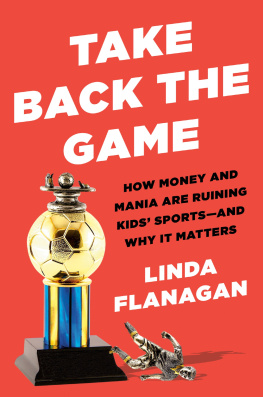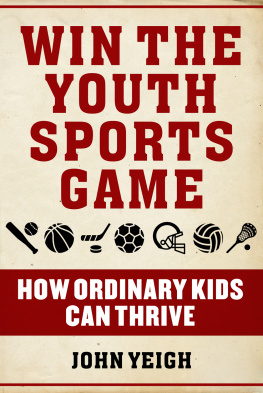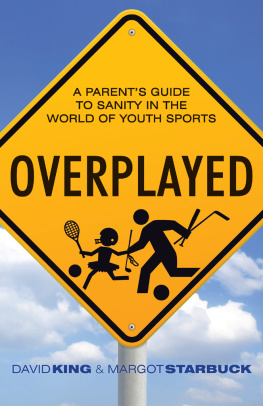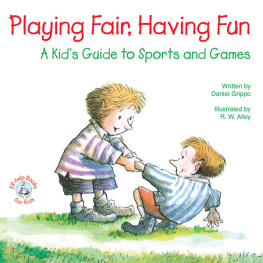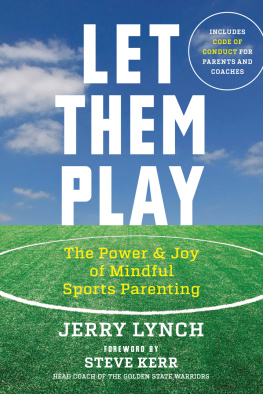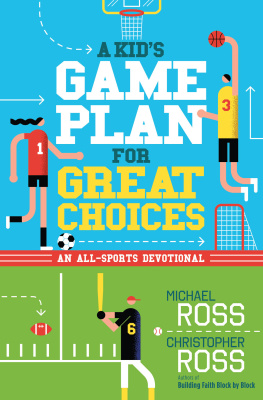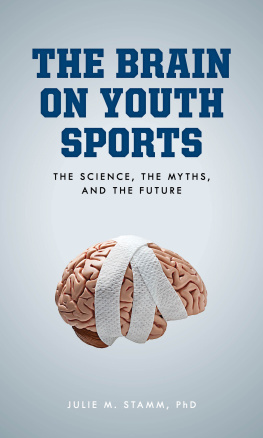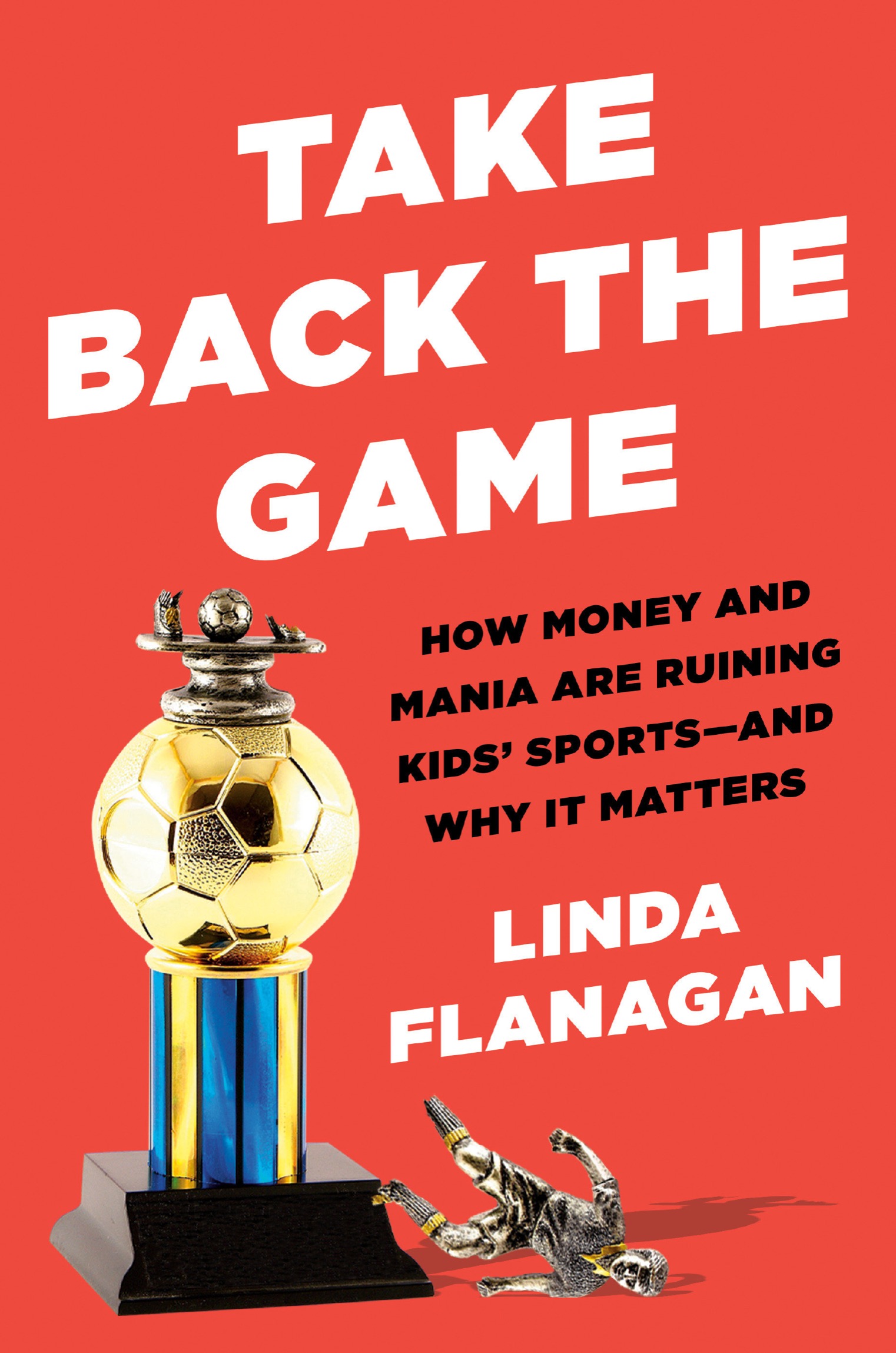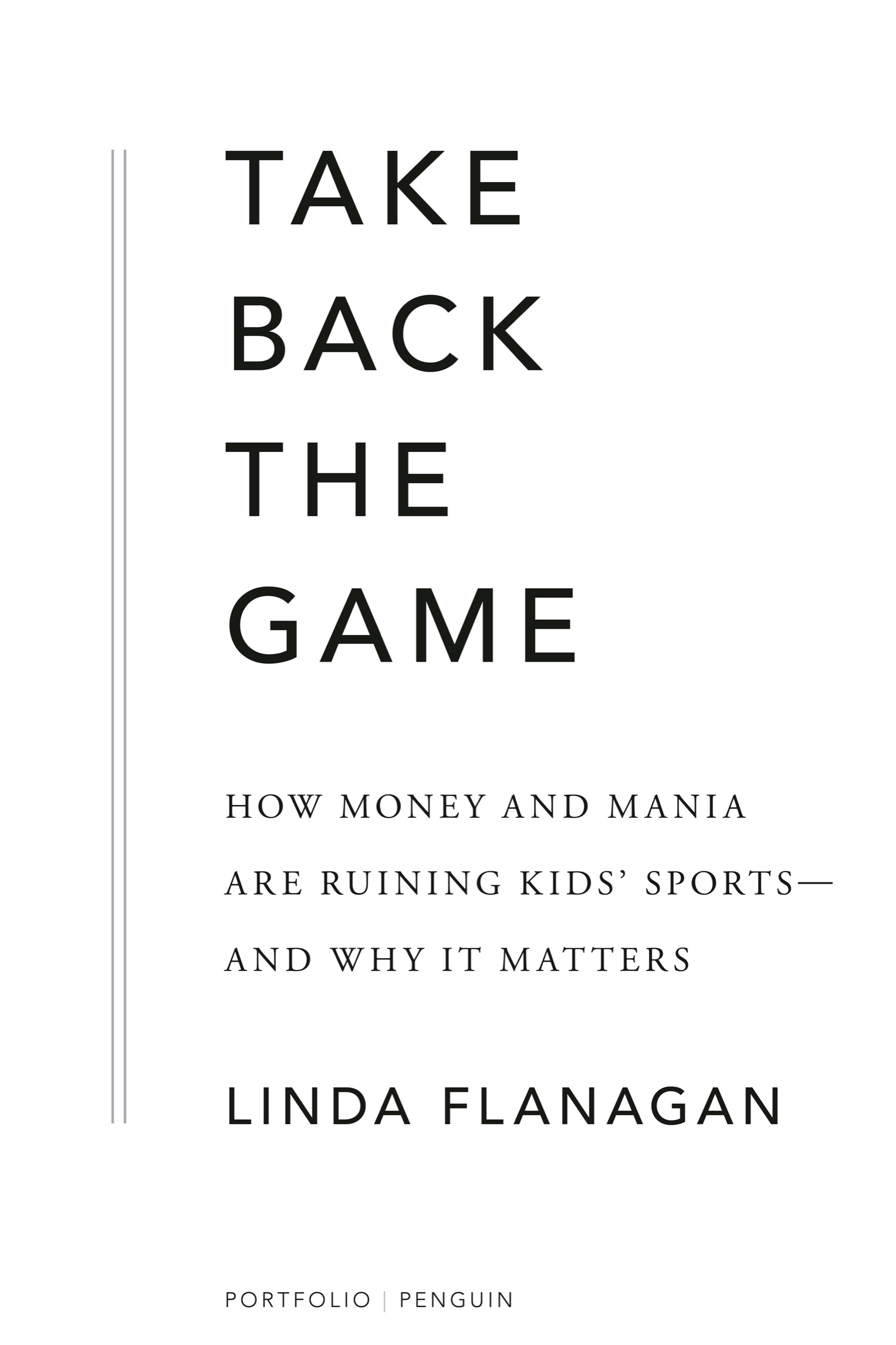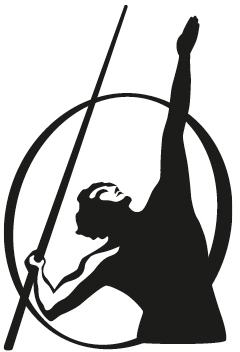Linda Flanagan - Take Back the Game: How Money and Mania Are Ruining Kids Sports—and Why It Matters
Here you can read online Linda Flanagan - Take Back the Game: How Money and Mania Are Ruining Kids Sports—and Why It Matters full text of the book (entire story) in english for free. Download pdf and epub, get meaning, cover and reviews about this ebook. year: 2022, publisher: Penguin Publishing Group, genre: Home and family. Description of the work, (preface) as well as reviews are available. Best literature library LitArk.com created for fans of good reading and offers a wide selection of genres:
Romance novel
Science fiction
Adventure
Detective
Science
History
Home and family
Prose
Art
Politics
Computer
Non-fiction
Religion
Business
Children
Humor
Choose a favorite category and find really read worthwhile books. Enjoy immersion in the world of imagination, feel the emotions of the characters or learn something new for yourself, make an fascinating discovery.
- Book:Take Back the Game: How Money and Mania Are Ruining Kids Sports—and Why It Matters
- Author:
- Publisher:Penguin Publishing Group
- Genre:
- Year:2022
- Rating:4 / 5
- Favourites:Add to favourites
- Your mark:
Take Back the Game: How Money and Mania Are Ruining Kids Sports—and Why It Matters: summary, description and annotation
We offer to read an annotation, description, summary or preface (depends on what the author of the book "Take Back the Game: How Money and Mania Are Ruining Kids Sports—and Why It Matters" wrote himself). If you haven't found the necessary information about the book — write in the comments, we will try to find it.
Some 75% of American families want their kids to play sports. Athletics are training grounds for character, friendship, and connection; at their best, sports insulate kids from hardship and prepare them for adult life. But youth sports have changed so dramatically over the last 25 years that they no longer deliver the healthy outcomes everyone wants. Instead, unbeknownst to most parents, kids who play competitive organized sports are more likely to burn out or suffer from overuse injuries than to develop their characters or build healthy habits. What happened to kids sports? And how can we make them fun again?
In Take Back the Game, coach and journalist Linda Flanagan reveals how the youth sports industry capitalizes on parents worry about their kids futures, selling the idea that more competitive play is essential in the feeding frenzy over access to colleges and universities. Drawing on her experience as a coach and a parent, along with research and expert analysis, Flanagan delves into a national obsession that has:
A provocative and timely entrant into a conversation thousands of parents are having on the sidelines, Take Back the Game uncovers how youth sports became a serious business, the consequences of raising the stakes for kids and parents alikeand the changes we need now.
Linda Flanagan: author's other books
Who wrote Take Back the Game: How Money and Mania Are Ruining Kids Sports—and Why It Matters? Find out the surname, the name of the author of the book and a list of all author's works by series.

